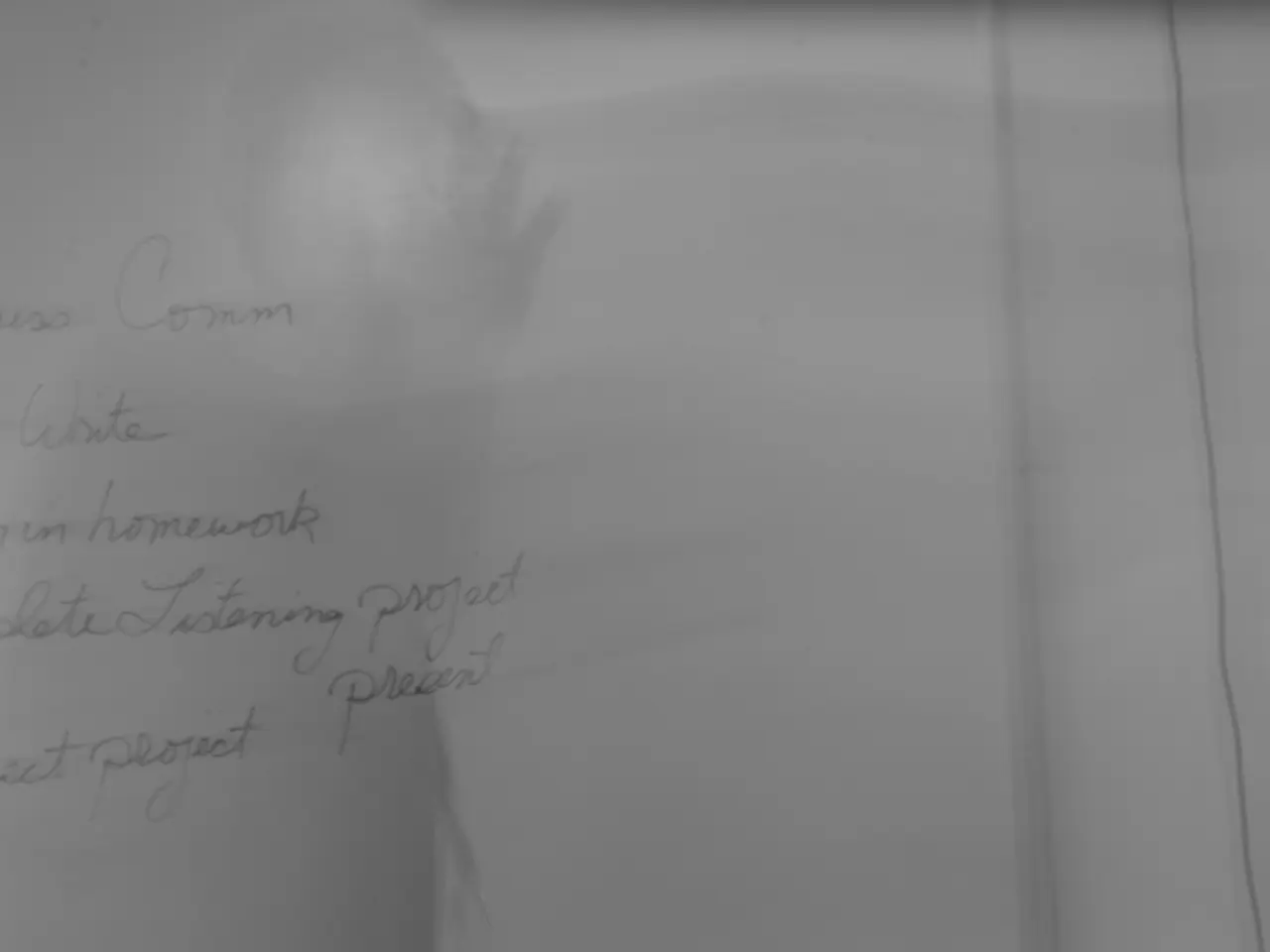World leader urges global community not to be deterred by Israel's influence
The United Nations is preparing for a crucial climate change summit, co-chaired by Secretary-General Antonio Guterres and Brazilian President Luiz Inacio Lula da Silva, aiming to revitalize efforts ahead of COP30. However, the path to achieving the ambitious targets of the 2015 Paris Agreement, especially the 1.5-degree Celsius limit, is filled with obstacles.
Guterres has expressed worry that efforts to cap climate change at 1.5 Celsius above pre-industrial levels are at risk of collapsing. He stresses the need for countries to submit climate action plans that are fully aligned with the 1.5-degree Celsius target and cover their entire economies and greenhouse gas emissions.
The climate change goals for 2035, as outlined in Nationally Determined Contributions (NDCs), have been delayed due to geopolitical tensions and trade rivalries. While some major economies like Brazil, Canada, Japan, the UK, and the US have set more ambitious 2035 targets compared to 2030, current global efforts still risk exceeding the 1.5-degree Celsius temperature limit, with projections showing warming between 2.6 and 3.1-degrees Celsius by 2100.
The drastic reduction of emissions in the next few years is crucial to keep the 1.5-degree Celsius limit alive. Unfortunately, less than two months before COP30, dozens of countries, including China and the European Union, have been slow to announce their plans.
Meanwhile, the climate is currently on average 1.4-degrees Celsius warmer than the pre-industrial era, according to current estimates from the European observatory Copernicus. This warming has devastating consequences, particularly for the Palestinian people in Gaza, who are facing famine, a total lack of effective healthcare, and are living without adequate shelters in huge concentration areas.
Guterres describes the situation in Gaza as "horrendous," with the worst level of death and destruction he has witnessed during his time as Secretary-General. He has also expressed concerns about Israel's creeping annexation of the occupied West Bank. Israel has threatened to annex the West Bank if Western nations press ahead with the recognition plan at the UN gathering, a move that could further complicate efforts to address the climate change crisis.
In a bid to galvanize action, Guterres calls for more ambitious climate change action, stating that efforts to limit global warming to 1.5 Celsius above pre-industrial levels are at risk of "collapsing." He urges countries not to be "intimidated" by the risk of retaliation from Israel.
As the world looks towards COP30, the stakes are high. Ten countries are expected to recognize a Palestinian state during the UN's high-level week, according to France. The meeting will likely focus on the future of the Palestinians and the war in Gaza. Yet, the overarching challenge remains the urgent need to address climate change, with Guterres emphasizing that the future of humanity itself is at stake.
Read also:
- Russia, according to Zelensky, lacks the prowess for launching another significant offensive.
- Russia's Latest Peace Proposals for Donbas: New Diplomatic Landscape Emerges amid Alaska Summit, Potentially Opening Ceasefire Opportunities
- Amidst India's escalating climate crisis, transgender individuals continue to persevere
- Contentious Discussion Surrounding the Movie Release of "Planet of the Humans"








